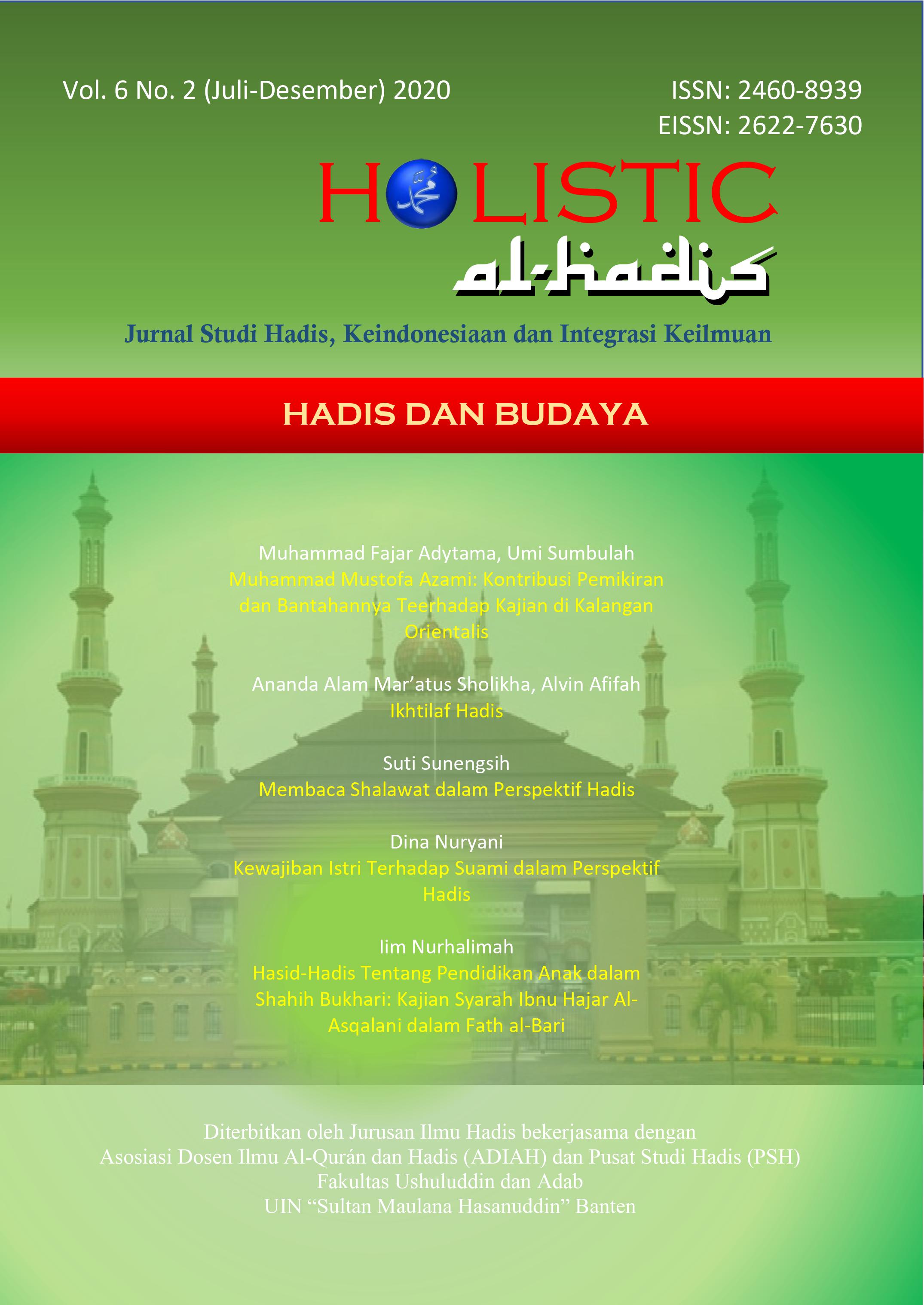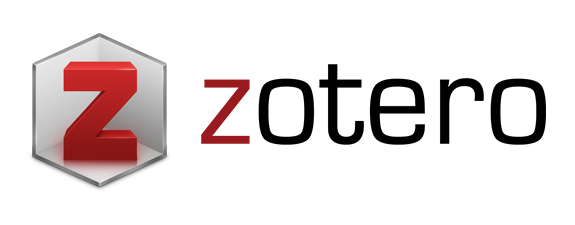MUHAMMAD MUSTAFA AZAMI: Kontribusi Pemikiran dan Bantahannya Terhadap Kajian Hadis Di Kalangan Orientalis
DOI:
https://doi.org/10.32678/holistic.v6i2.4597Abstract
One of the controversial opinions of orientalists about hadith is that hadith is not as authentic as Muslims believe. According to orientalists, it is difficult to trust the hadith literature as a whole as an authentic record of all the sayings and actions of the Prophet Muhammad. This speculation caused reactions from Muslim scholars, including Muhammad Mustafa Azami. Azami found that the orientalists' doubts about the sanad system were caused by their methodological errors in studying the sanad system. This is because they generally do not examine the chain of transmission based on the main books of hadith, but on the books of fiqh and sirah which are compiled in a different way from the books of hadith. Azami refuted the conclusions of the orientalists by proving the authenticity of the hadith with various approaches. These include comparing the hadiths of many students' narrations with those of their teachers, comparing the statements of scholars from different times, comparing them with written documents, and comparing the hadiths with relevant verses of the Koran.
Downloads
Downloads
Published
Issue
Section
License
Authors who publish with this journal agree to the following terms:
-
Authors retain copyright and grant the journal right of first publication with the work simultaneously licensed under a Creative Commons Attribution License that allows others to share the work with an acknowledgement of the work's authorship and initial publication in this journal.
-
Authors are able to enter into separate, additional contractual arrangements for the non-exclusive distribution of the journal's published version of the work (e.g., post it to an institutional repository or publish it in a book), with an acknowledgement of its initial publication in this journal.
-
Authors are permitted and encouraged to post their work online (e.g., in institutional repositories or on their website) prior to and during the submission process, as it can lead to productive exchanges, as well as earlier and greater citation of published work (See The Effect of Open Access).


















